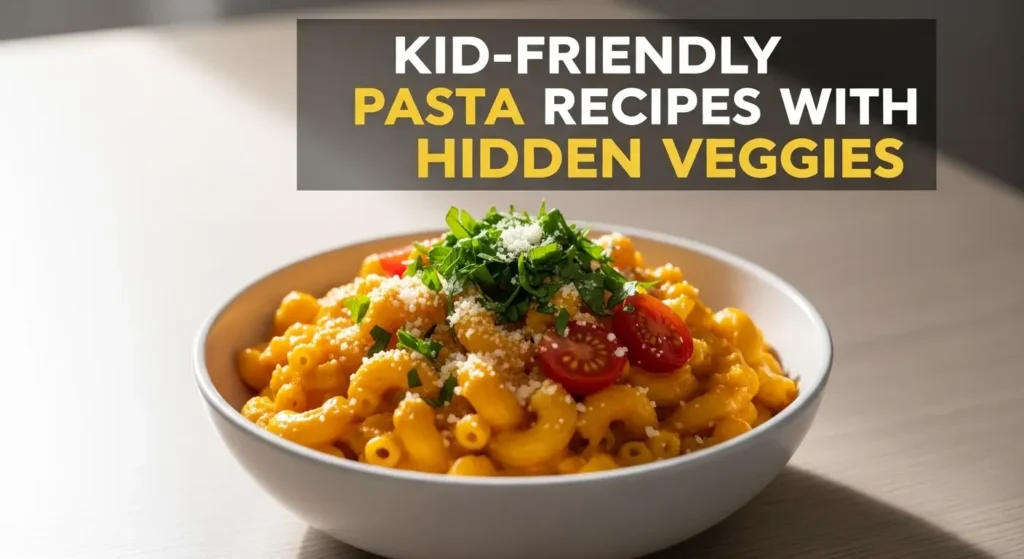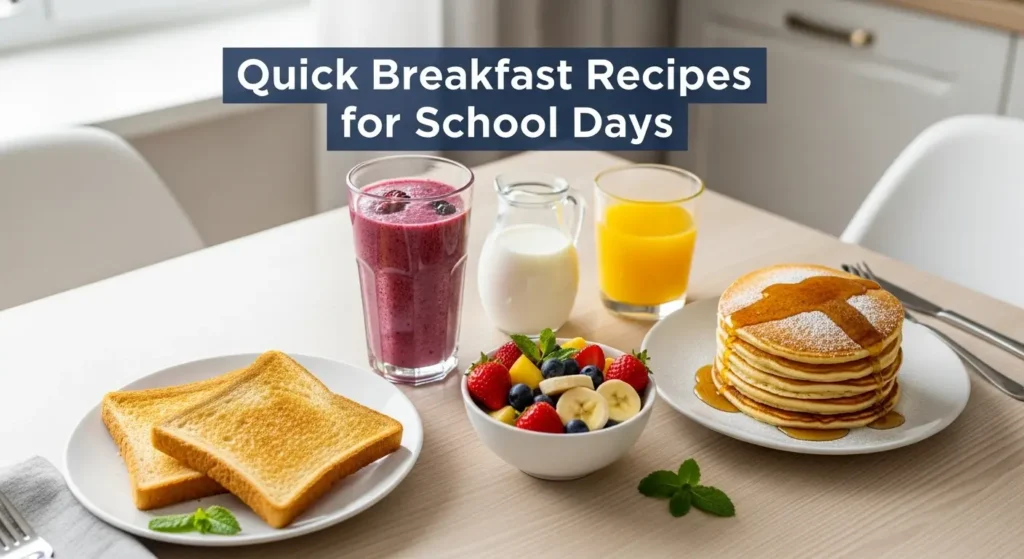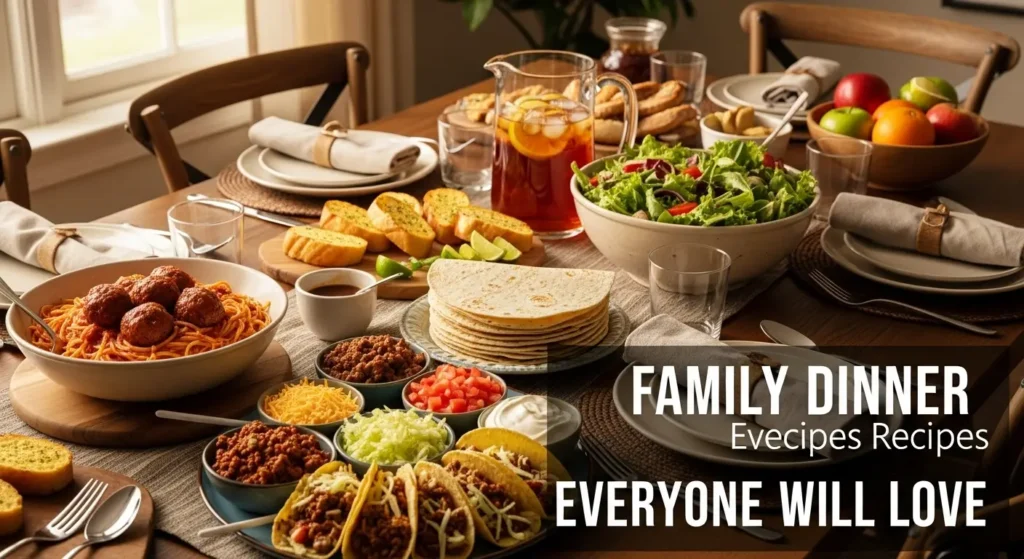As parents, we all want the best for our little ones. One of the most important ways to ensure a healthy start in life is through food. Babies have delicate digestive systems, so choosing baby-friendly recipes with natural ingredients is crucial.
By focusing on wholesome, chemical-free, and nutrient-rich foods, you can set the foundation for lifelong healthy eating habits. The good news? Creating delicious, nutritious, and baby-safe meals at home doesn’t have to be complicated. With the right recipes and natural ingredients, you can make baby food that’s both nourishing and enjoyable.
In this article, we’ll explore a collection of easy recipes, nutrition tips, and preparation ideas that parents can use to introduce their babies to healthy eating.
Why Choose Baby-Friendly Recipes with Natural Ingredients?
Feeding babies natural foods means avoiding preservatives, artificial sweeteners, excess salt, and unhealthy fats. Instead, it focuses on ingredients straight from nature.
Benefits of Natural Ingredients for Babies
- Supports growth and development: Fresh fruits, vegetables, grains, and proteins provide essential vitamins and minerals.
- Reduces the risk of allergies: Simple, natural foods are easier to digest and less likely to trigger sensitivities.
- Encourages healthy taste buds: Babies who eat natural foods early on are more likely to prefer healthy options later in life.
- Prevents harmful additives: Many packaged baby foods contain sugar, salt, or artificial colors. Homemade alternatives keep meals clean and safe.
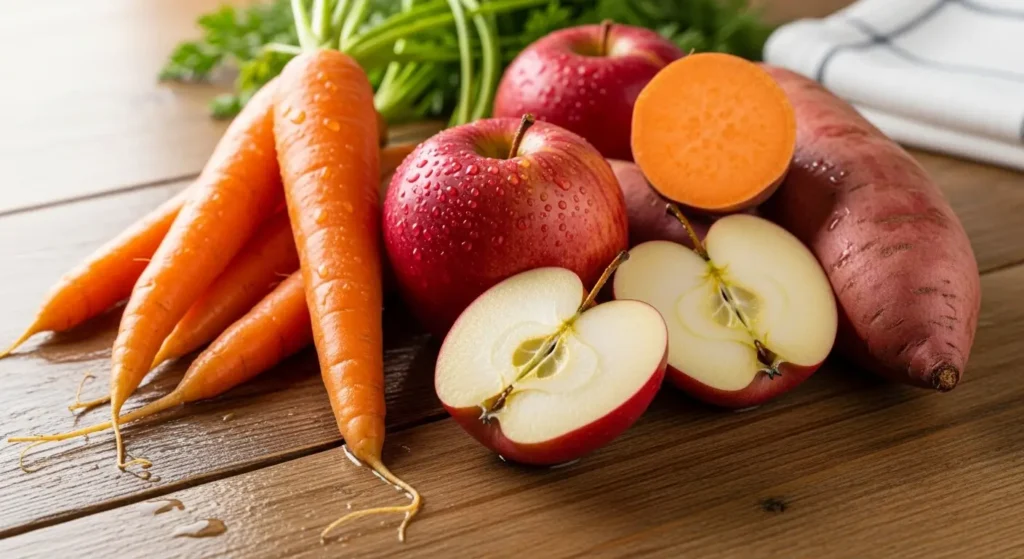
Essential Natural Ingredients for Baby-Friendly Recipes
Before diving into the recipes, let’s look at some staple natural ingredients every parent should keep in the kitchen.
Fruits
- Apples
- Bananas
- Pears
- Mangoes
- Blueberries
Vegetables
- Carrots
- Sweet potatoes
- Peas
- Pumpkin
- Spinach
Proteins
- Lentils
- Chickpeas
- Eggs (after 6 months, check with pediatrician)
- Chicken or turkey (pureed for early stages)
Grains
- Oats
- Rice
- Quinoa
- Barley
These simple, natural foods are versatile and can be used in countless baby-friendly recipes.
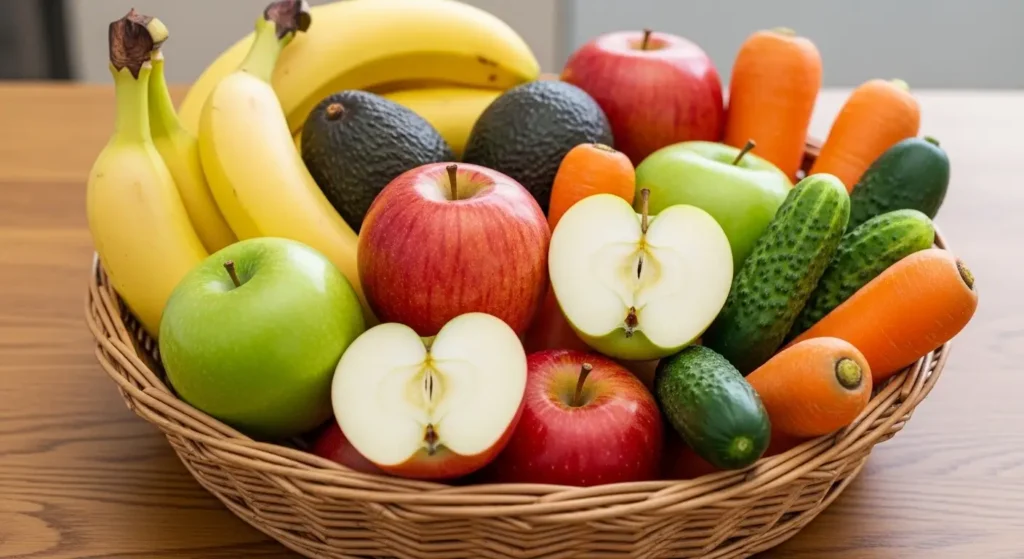
Baby-Friendly Recipes with Natural Ingredients
Let’s get into the fun part — recipes! These are easy to prepare, naturally nutritious, and suitable for babies at different stages of development.
1. Creamy Sweet Potato Puree
Ingredients:
- 1 medium sweet potato
- ½ cup breast milk or formula
Instructions:
- Peel and dice the sweet potato.
- Steam until tender.
- Blend with breast milk or formula until creamy.
Why it’s great: Sweet potatoes are rich in beta-carotene and easy for babies to digest.
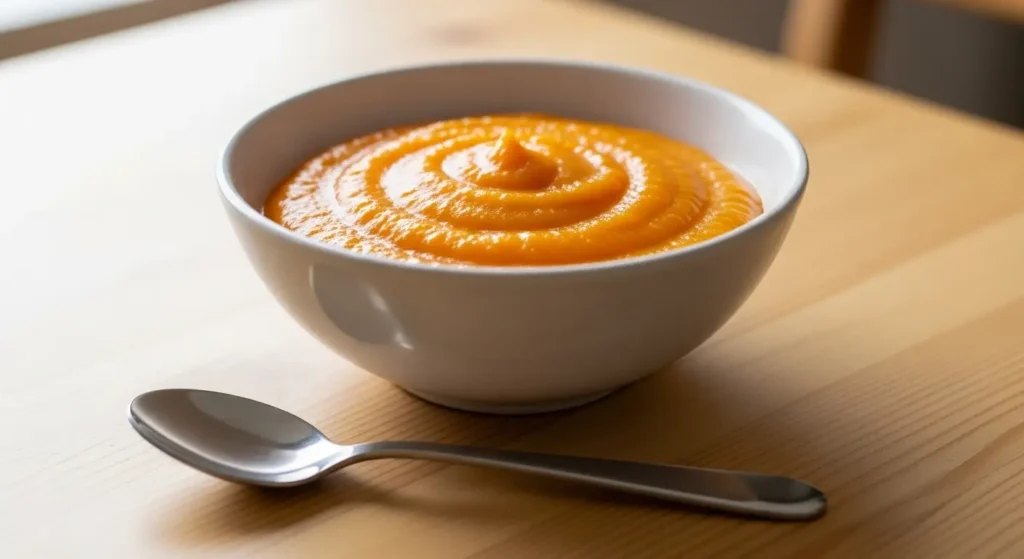
2. Banana and Avocado Mash
Ingredients:
Also Read: Healthy Lunchbox Recipes for Picky Eaters in Kindergarten
- ½ ripe banana
- ½ ripe avocado
Instructions:
- Mash banana and avocado together until smooth.
- Serve fresh without cooking.
Why it’s great: Provides healthy fats, potassium, and fiber — perfect for brain development.
3. Oatmeal with Apples
Ingredients:
- 2 tbsp oats
- ½ apple (peeled and diced)
- ½ cup water or breast milk
Instructions:
- Cook oats and apple together until soft.
- Blend or mash depending on baby’s age.
Why it’s great: Oats provide fiber while apples add natural sweetness and vitamin C.
4. Lentil and Carrot Puree
Ingredients:
- 2 tbsp red lentils
- 1 carrot, peeled and chopped
- 1 cup water
Instructions:
- Cook lentils and carrot together until soft.
- Blend until smooth.
Why it’s great: Packed with protein, iron, and beta-carotene.
5. Mango Yogurt Delight (For older babies)
Ingredients:
- ½ cup plain unsweetened yogurt
- ½ ripe mango (pureed)
Instructions:
- Mix mango puree into yogurt.
- Serve chilled.
Why it’s great: Boosts gut health with probiotics and vitamin A from mango.
Also Read: Sweet Treat Recipes for Kids Without Refined Sugar
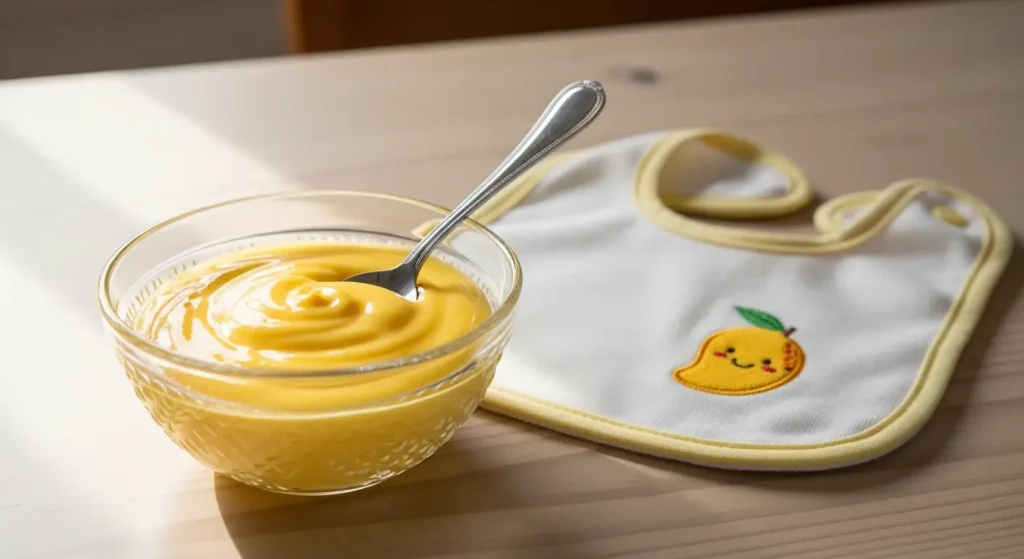
Tips for Preparing Baby Food with Natural Ingredients
Keep it Simple
Babies don’t need complex flavors. Start with single-ingredient foods before combining.
Follow Age-Appropriate Textures
- 6–8 months: Smooth purees
- 8–10 months: Mashed with small soft chunks
- 10–12 months: Finely chopped foods and finger foods
Avoid These in Baby Food
- Salt and sugar
- Honey (not safe before 1 year)
- Processed foods
- Cow’s milk as a main drink before age 1
Weekly Baby Meal Plan (Sample)
Here’s a simple weekly plan to inspire you.
| Day | Breakfast | Lunch | Dinner | Snack |
|---|---|---|---|---|
| Mon | Oatmeal with apple | Sweet potato puree | Lentil-carrot puree | Banana mash |
| Tue | Mango yogurt | Avocado mash | Rice with peas puree | Pear puree |
| Wed | Oats with pear | Pumpkin puree | Quinoa & spinach mash | Mashed banana |
| Thu | Rice cereal | Carrot mash | Chicken puree | Apple slices (soft) |
| Fri | Banana oats | Pea puree | Lentils & sweet potato | Blueberry mash |
| Sat | Avocado-banana | Pumpkin & rice | Spinach & carrot puree | Mango cubes |
| Sun | Oats with mango | Quinoa mash | Chicken & veggies puree | Pear chunks |
Key Takeaways
- Choose baby-friendly recipes with natural ingredients to support healthy growth.
- Stick to fresh fruits, veggies, grains, and proteins instead of processed foods.
- Introduce one new food at a time to monitor allergies.
- Adjust textures as your baby grows.
- Preparing meals at home is easy, affordable, and healthier than store-bought.
Frequently Asked Questions (FAQ)
1. When can I start giving my baby solid foods?
Most babies are ready around 6 months, but always check with your pediatrician before starting solids.
2. Can I freeze homemade baby food?
Yes! Store in small airtight containers or ice cube trays for up to 1 month. Thaw before serving.
3. How do I know if my baby is allergic to a food?
Introduce one new food at a time. Watch for rashes, vomiting, or unusual fussiness. If noticed, consult a doctor immediately.
4. Is organic food better for babies?
Organic reduces exposure to pesticides, but the most important thing is providing a balanced, natural diet.
5. What’s the best first food for babies?
Single-ingredient purees like sweet potato, banana, or carrot are excellent first choices.
Conclusion
Feeding your little one doesn’t need to be overwhelming. By focusing on baby-friendly recipes with natural ingredients, you can ensure they get the nutrition they need in the safest, most wholesome way. From creamy purees to simple mashes, these recipes are both nourishing and easy to make at home.
Start with one meal at a time, keep it simple, and gradually expand their menu. Your baby’s health journey begins with every spoonful you lovingly prepare.


